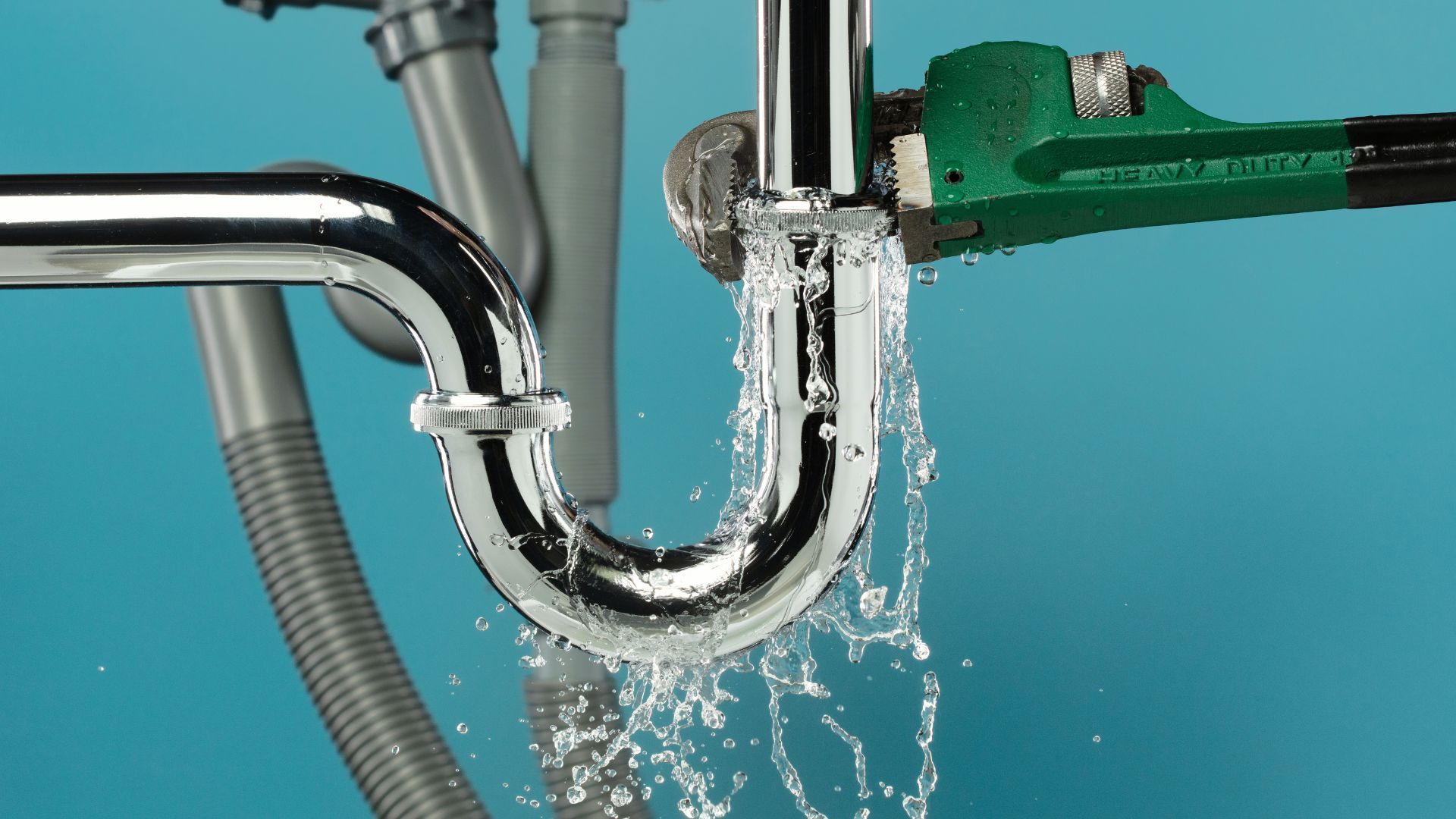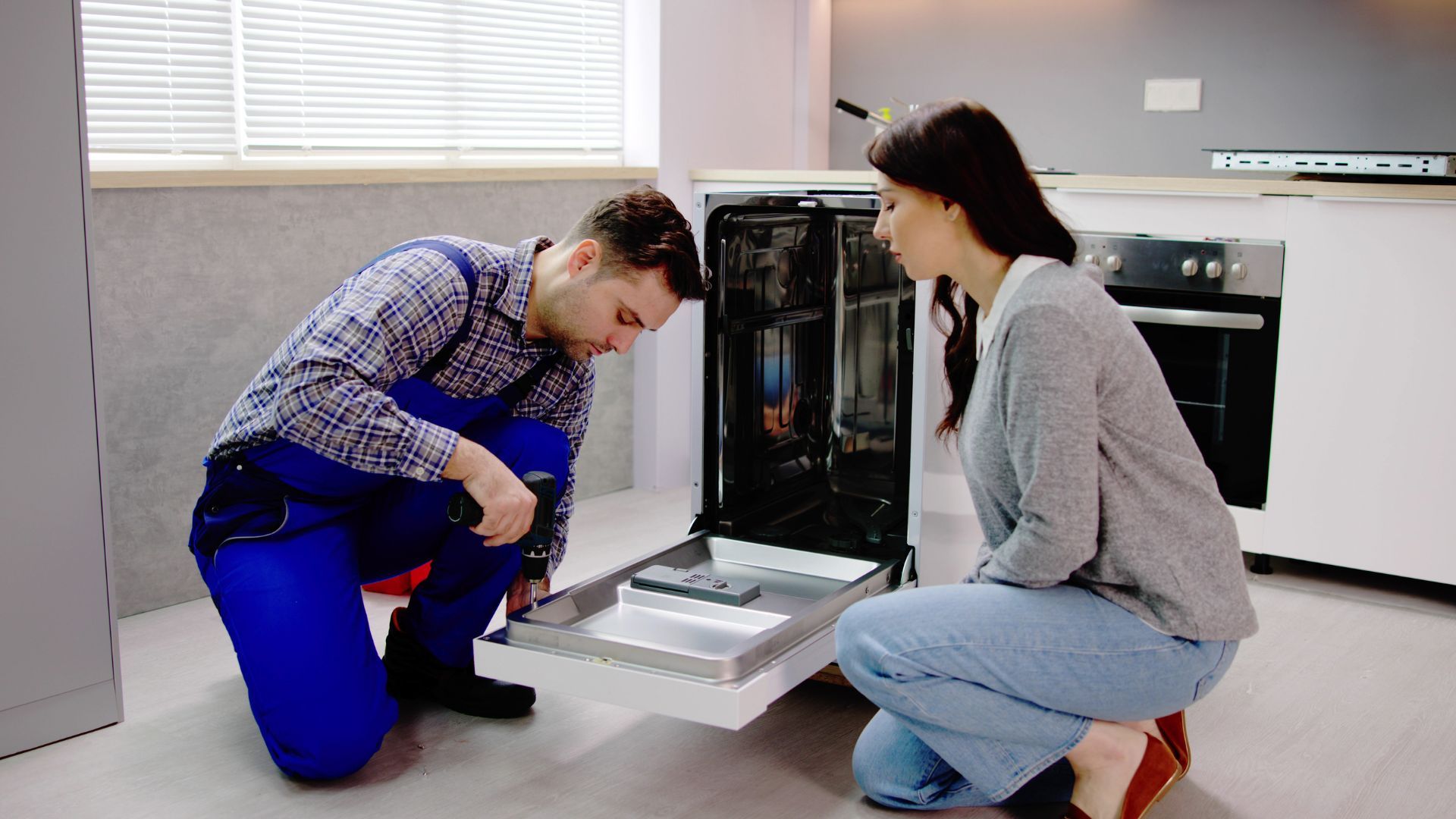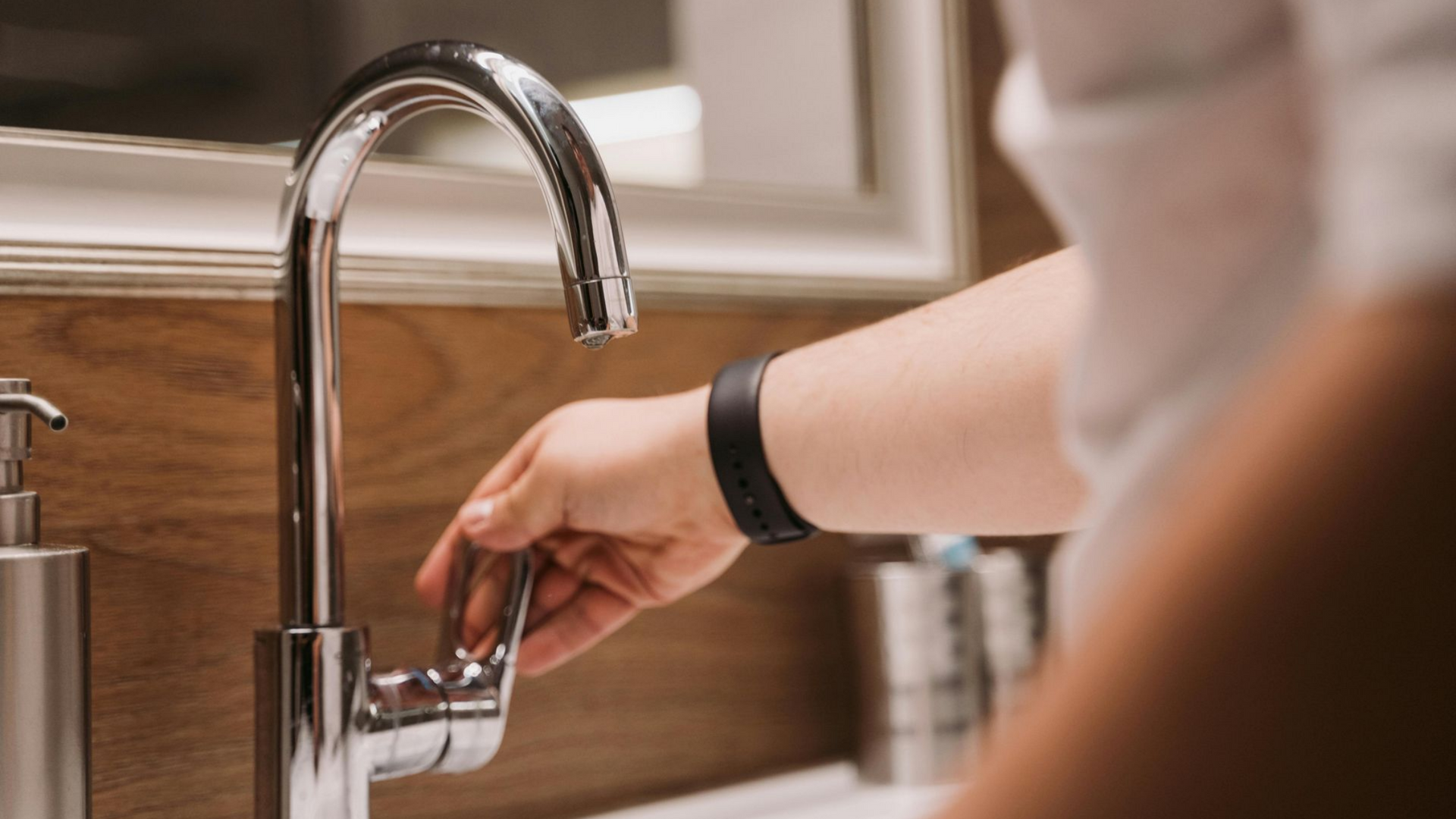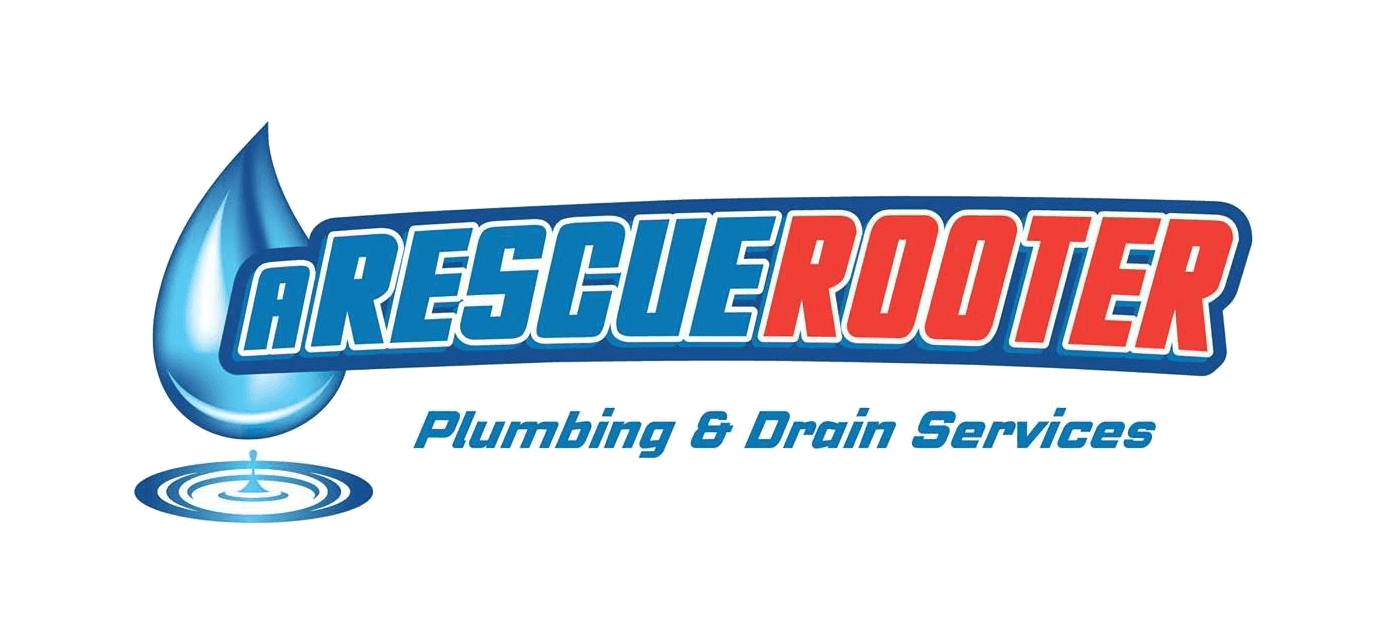What to Do When Under the Sink is Damp?
A little dampness
under the sink is normally OK. After all, that's where your pipes are, and they carry water to your faucet. But if you notice a significant amount of moisture or a musty smell, you might be dealing with a bigger problem. In this blog post, we'll explore the reasons why your sink might be damp and what you can do to fix it.
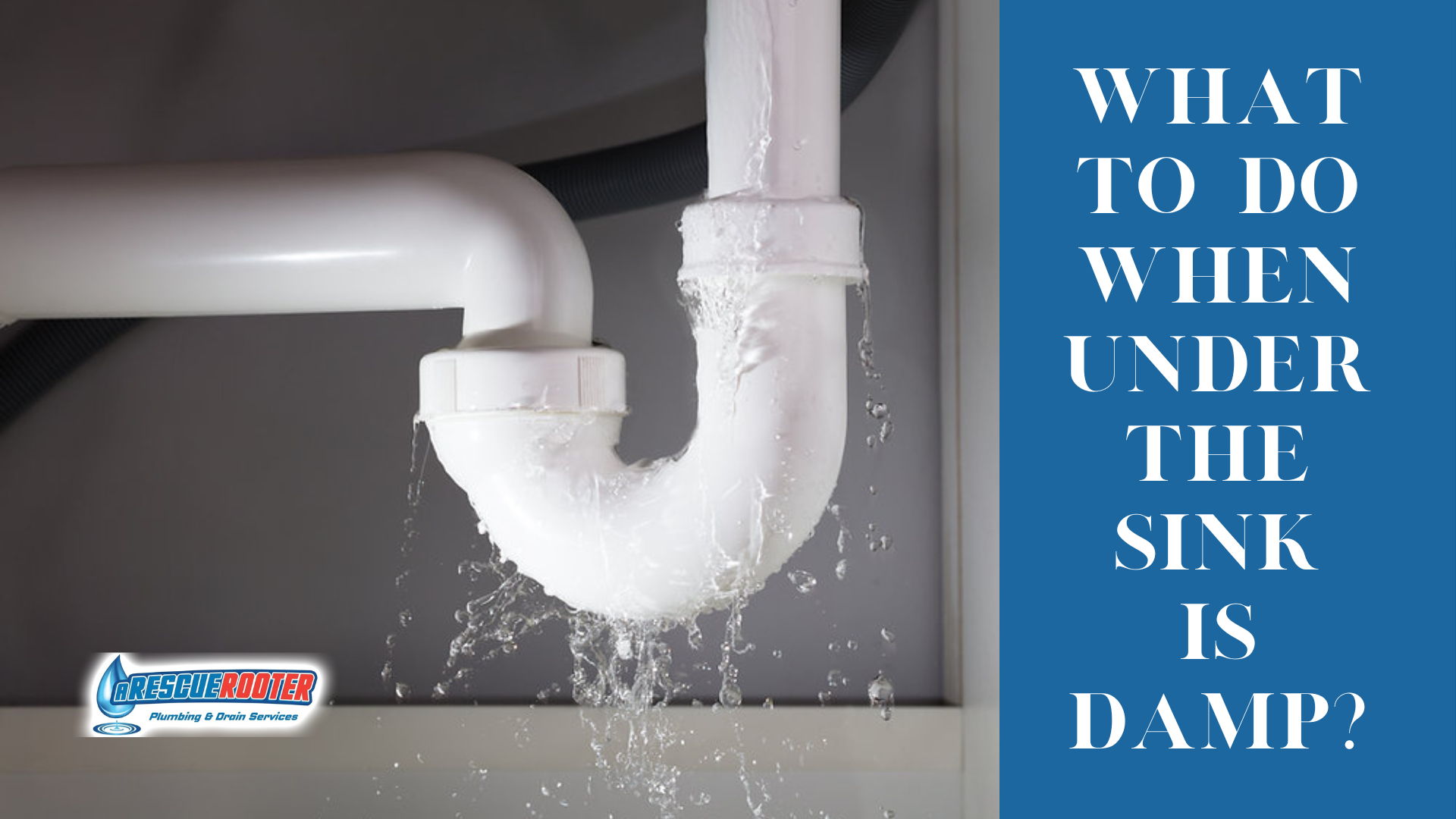
5 Reasons Why Under the Sink is Damp???
1. Pipe Leaking Under the Sink:
One of the most common reasons for a damp sink is leaking pipes. Over time, the joints between pipes can loosen, allowing water to seep out. This can cause puddles of water under the sink, as well as dampness on your walls and cabinets.
If you have a suspicion that your pipes may be leaking, it is crucial to contact a plumber to address the issue promptly. Neglecting it could result in costly harm to your residence.
2. Clogged Drains:
Another reason for dampness under the sink could be a clogged drain. If water isn't flowing properly through your pipes, it can back up and create a damp environment. A clogged pipe can happen because of things like hair, soap residue, and bits of leftover food.
Try using a plunger or drain snake to clear the blockage and If you still face the issue, you may need to call a plumber. Not only can clogged drains cause dampness in your home, but they can also lead to unpleasant odors and unhealthy bacteria growth.
3. Condensation:
Sometimes, the water under the sink might not be from a leak or blockage, but from condensation instead. This situation may occur when the warm and moist air from your bathroom meets the chilled pipes in your sink. To prevent condensation from forming, try insulating your pipes or installing a dehumidifier in your bathroom.
4. Mold and Mildew:
If your sink is consistently damp, it can create a breeding ground for mold and mildew. Not only can this cause an unpleasant odor, but it can also be a health hazard. Mold and mildew can trigger allergies and respiratory problems.
To prevent mold growth, make sure to keep your sink area dry and well-ventilated. Clean up any liquid messes or drips promptly.
5. Structural Damage:
In rare cases, dampness under the sink could be a sign of structural damage to your home. If you notice any bowing or warping in your cabinets or walls, it could mean that water has been leaking for some time. This can weaken the structure of your home and require costly repairs. If you suspect structural damage, calling a professional to assess the situation is important.
A damp sink might seem like a small issue, but it can lead to bigger problems if ignored. Whether it's due to leaking pipes, clogged drains, condensation, or mold growth, it's important to address the issue as soon as possible.
Regular maintenance and inspections can help prevent dampness from becoming a major problem. You can contact A Rescue Rooter anytime if you don't know why your sink is wet. They are available for help every day of the year.
If your plumbing has problems, call A Rescue Rooter. They won't charge extra and are always ready to help. Call your plumbing professionals at 905-521-8284!
